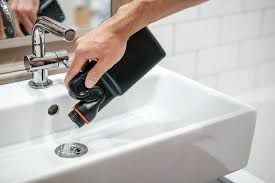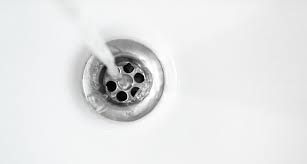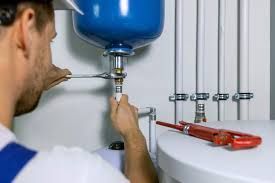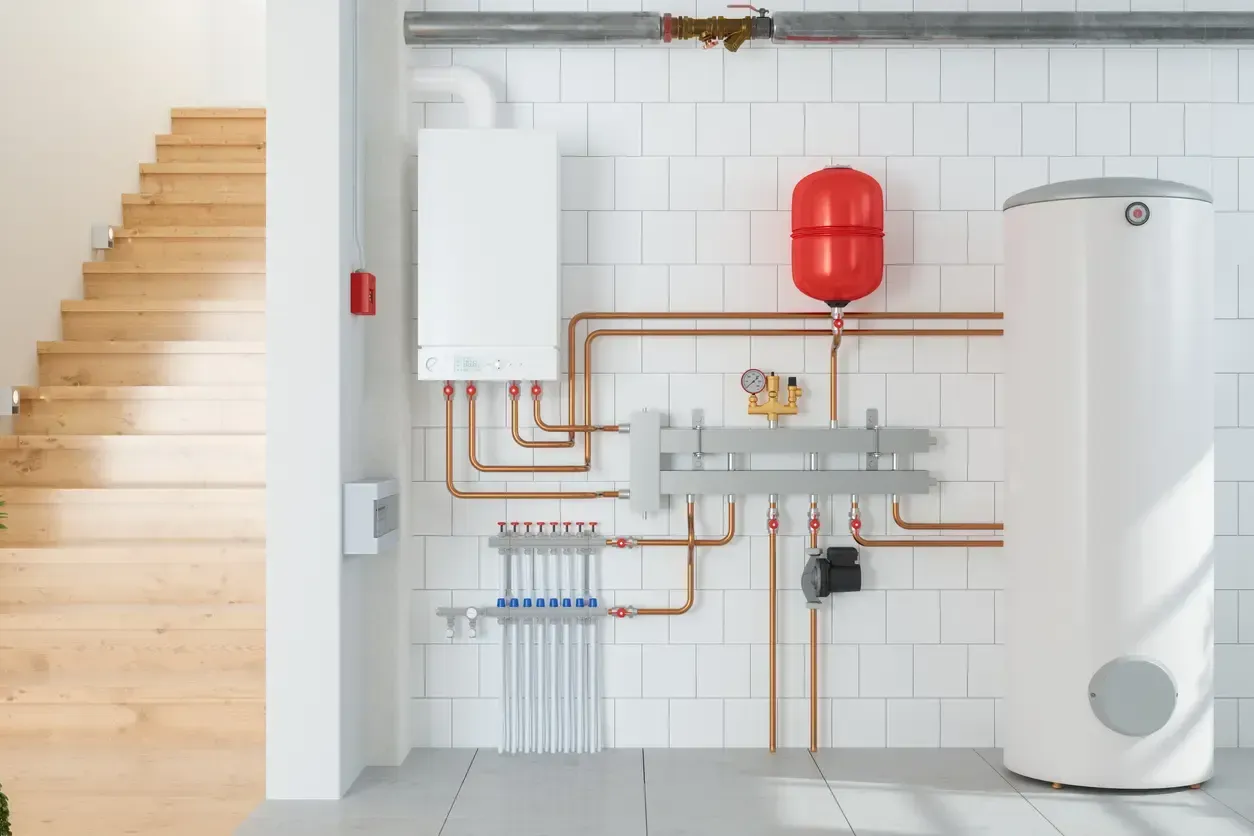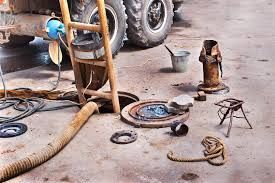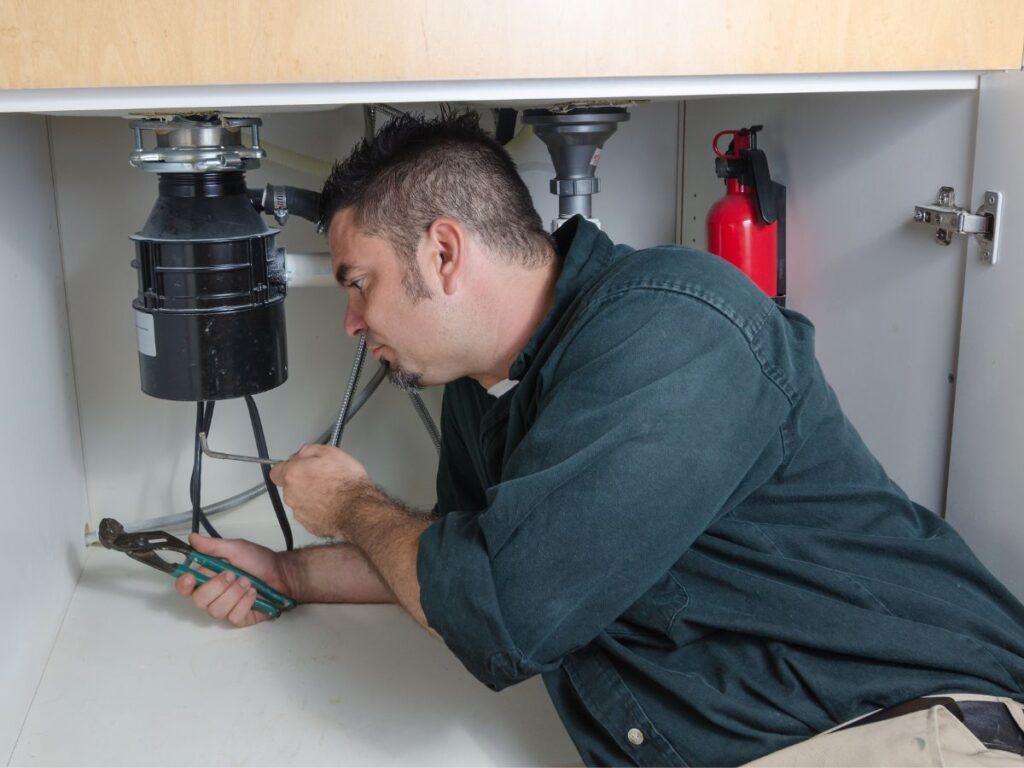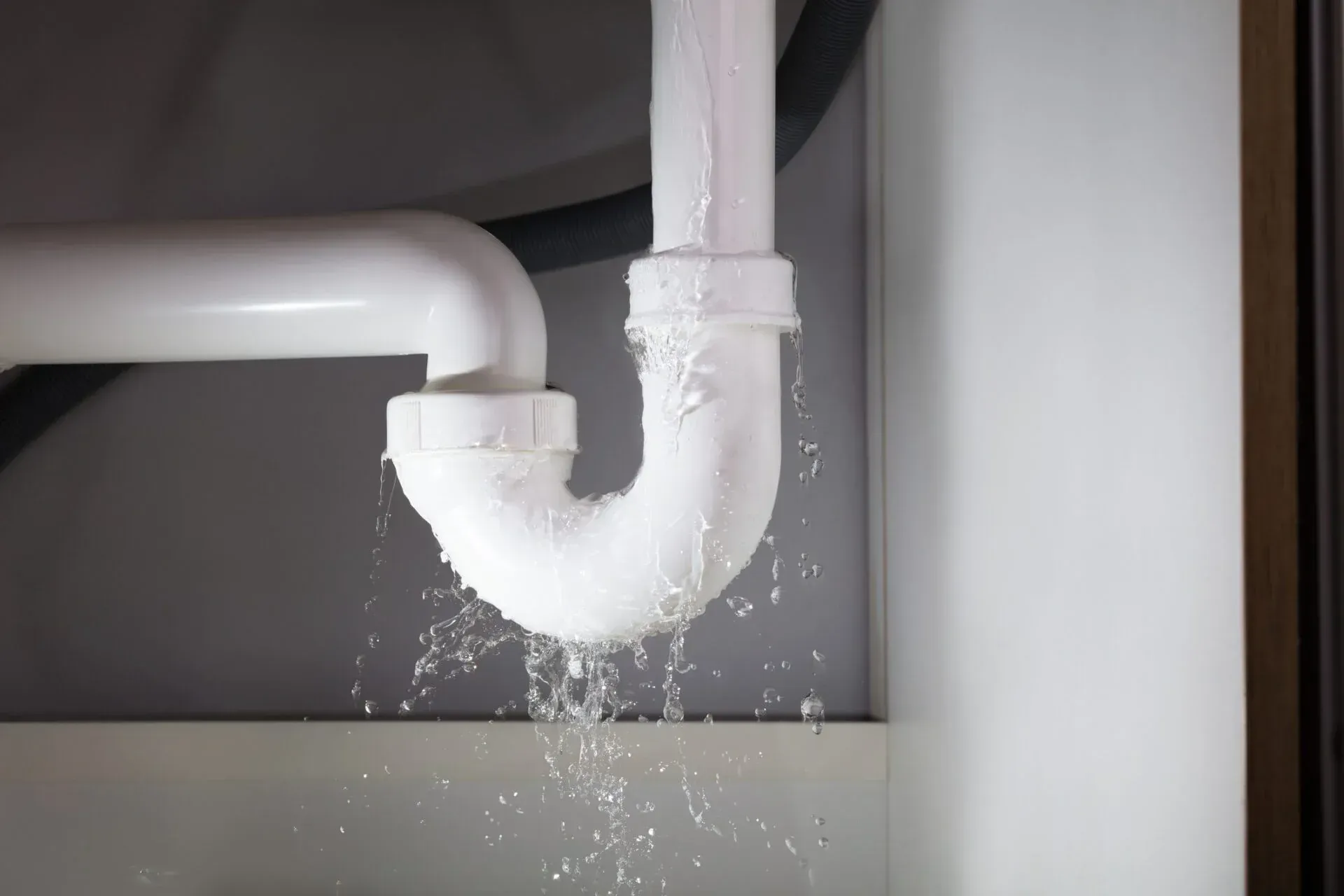9 Ways to Improve Your Home’s Sewer System Efficiency
Your home’s sewer system is one of its most critical components, yet it’s often overlooked until something goes wrong. A well-maintained and efficient sewer system ensures that waste is properly transported away from your home, preventing unpleasant backups, costly repairs, and health hazards. In this guide, we’ll dive deep into why sewer system efficiency matters, the potential risks of neglect, and how you can take actionable steps to improve its performance. By the end, you’ll have a clear understanding of not just the “how” but also the “why” of maintaining your home’s sewer system.
"When to Repair vs. Replace Your Sewer Line"
Why Sewer System Efficiency Is Crucial
Your sewer system is the unseen backbone of your home’s plumbing. It is responsible for carrying wastewater safely to municipal sewer lines or septic tanks. When your system functions efficiently, your home remains sanitary, your appliances operate without issue, and you avoid foul odors or backups.
An inefficient sewer system, however, can lead to a host of problems. Slow-draining sinks and toilets, frequent clogs, and sewer backups are just the beginning. Over time, inefficiency can strain your pipes, cause cracks or leaks, and even contribute to environmental damage due to untreated waste leakage. Beyond the inconvenience, these issues can lead to skyrocketing repair bills and reduced property value.
Potential Risks of Ignoring Sewer System Maintenance
Failing to address inefficiencies in your sewer system can have far-reaching consequences, both for your home and your well-being. Here are some of the most common risks associated with neglect:
- Sewer Backups: A clogged or damaged sewer line can cause waste to back up into your home, creating a hazardous and unsanitary situation.
- Structural Damage: Leaking pipes can weaken your home’s foundation and lead to costly repairs.
- Increased Costs: The longer you wait to address sewer problems, the more expensive they become, especially if you require emergency plumbing services.
- Health Hazards: Stagnant wastewater can attract pests, breed bacteria, and spread unpleasant odors that impact indoor air quality.
- Environmental Impact: Leaking sewer lines can contaminate local water sources, harming ecosystems and potentially resulting in fines.
Understanding these risks underscores the importance of taking proactive measures to ensure your sewer system operates efficiently.
9 Ways to Improve Your Home’s Sewer System Efficiency
1. Schedule Regular Sewer Inspections
The first step to improving your sewer system’s efficiency is understanding its current condition. A professional plumber can use advanced tools like camera inspections to identify potential blockages, cracks, or root intrusion. Regular inspections can help catch minor issues before they escalate into major problems.
2. Practice Responsible Waste Disposal
One of the simplest ways to maintain sewer system efficiency is by being mindful of what you flush or pour down your drains. Avoid flushing items like wipes, sanitary products, and excessive paper. In the kitchen, use sink strainers to catch food scraps and avoid pouring grease or oil down the drain, as they can solidify and clog pipes.
3. Upgrade to Modern Pipe Materials
If your home’s sewer system is outdated and uses materials like clay or cast iron, consider upgrading to PVC or HDPE pipes. These materials are more durable, resistant to corrosion, and designed to handle modern waste loads more effectively.
4. Install Backwater Valves
A backwater valve is a simple yet effective device that prevents sewage from flowing back into your home during heavy rainfall or municipal line backups. Installing one can save you from the nightmare of a sewer backup, particularly if you live in an area prone to flooding.
5. Use High-Efficiency Fixtures
Installing water-efficient fixtures like low-flow toilets and aerated faucets can reduce the amount of water entering your sewer system. This not only helps conserve water but also reduces the strain on your sewer lines, making them less prone to blockages.
6. Prevent Tree Root Intrusion
Tree roots are a leading cause of sewer line damage. They seek out moisture and can infiltrate even the smallest cracks in your pipes. To prevent this, avoid planting trees near your sewer lines, or use root barriers to keep roots at bay. If roots have already infiltrated your system, a professional plumber can use hydro jetting to remove them.
7. Maintain Proper Drain Ventilation
Your sewer system relies on proper ventilation to function efficiently. Vent stacks on your roof allow air to flow through your pipes, preventing pressure imbalances and ensuring smooth drainage. Ensure these vents are free of debris or blockages.
8. Invest in Trenchless Sewer Repair
If your sewer lines require repairs, trenchless methods such as pipe lining or pipe bursting can restore efficiency without the need for extensive excavation. These modern techniques are quicker, less invasive, and often more cost-effective than traditional methods.
9. Flush Your System Periodically
Flushing your sewer system with clean water can help clear out minor blockages and prevent the buildup of grease, debris, and other waste. Some homeowners opt to use enzyme-based cleaners that are safe for pipes and effective at breaking down organic materials.
Long-Term Measures to Sustain Efficiency
Improving your sewer system’s efficiency isn’t a one-time effort; it requires ongoing maintenance and vigilance. Create a routine schedule for inspections and cleaning, and stay mindful of how your daily habits impact your plumbing. By addressing small issues promptly and investing in long-term solutions, you can avoid costly repairs and keep your sewer system running smoothly for years to come.
Conclusion
Your home’s sewer system may be out of sight, but it should never be out of mind. Taking steps to improve its efficiency not only saves you money but also protects your home, your health, and the environment. With proactive maintenance and responsible practices, you can ensure your sewer system functions reliably, giving you peace of mind and keeping your property in top condition.
